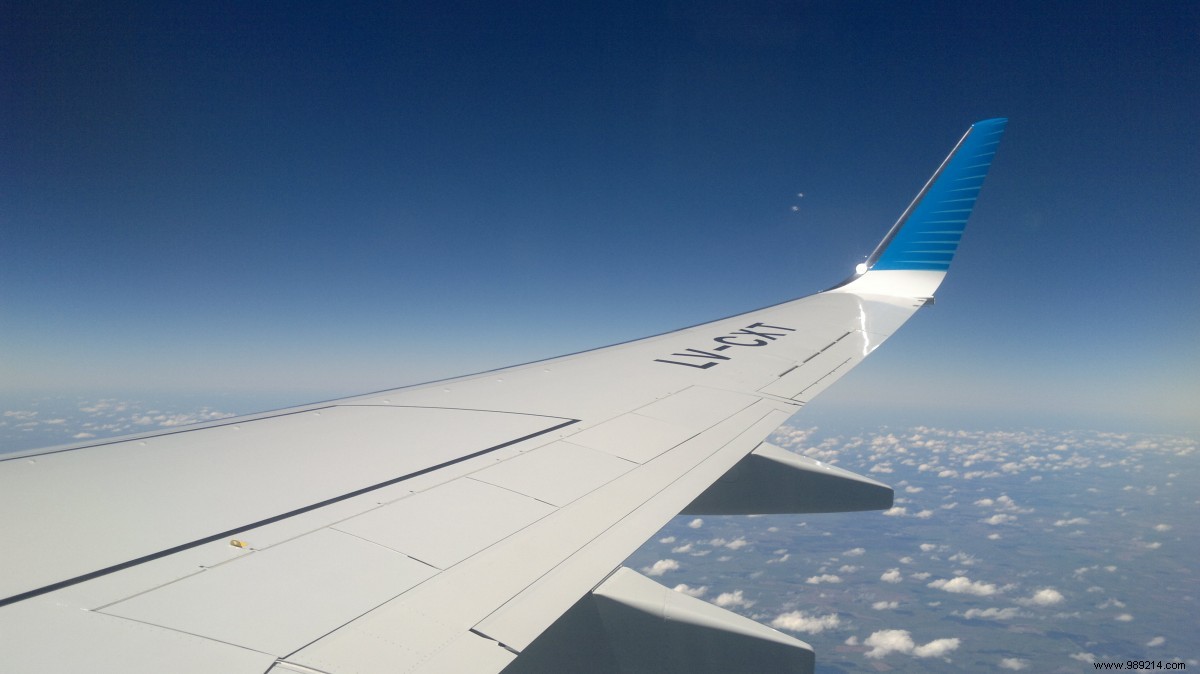Two Belgian universities collaborated on a study whose results are not really optimistic. According to the researchers, more than half of the strains of the SARS-CoV-2 coronavirus present in Europe at the end of summer 2020 had been introduced after mid-June alone. Travel departures this summer could unfortunately contribute to the massive installation of the delta variant and possibly cause a fourth wave of Covid-19 in Europe.
Many observers said it:the second wave of Covid-19 from the summer of 2020 is largely due to the impact of international travel . The study published by the Katholieke Universiteit Leuven and the Université Libre de Bruxelles (Belgium) in the journal Nature on June 30, 2021 is formal:in the majority of the countries studied, more than half of the strains circulating at the end of the summer 2020 resulted from introductions since June 15. Among the countries included in the study, we find Germany, Belgium, France, the Netherlands, Portugal and the United Kingdom.
Here we are in the summer of 2021 and as many citizens wanted, governments have relaxed the rules and allowed international travel . Given that the same type of measures played a very important role in the arrival of the second wave in 2020, Belgian researchers urge caution. Moreover, these recommendations come as the famous delta variant been in the news for a few weeks. Worse still, there has even recently been talk of a “delta plus” variant whose contagiousness would be even higher. In Europe, doctors have spotted it in countries such as Portugal and Switzerland.

Using data from the outbreak, study researchers reconstructed the geographical distribution of the strains of viruses that have been introduced since June 15, 2020. In addition, many affected areas had a very low virus circulation rate before this introduction. According to scientists, this phenomenon can be compared to that of forest fires. If only a few hearths are present, the arrival of other hearths could accelerate the fire and increase its intensity. The study also shows that the success of the transmission of new strains is linked to the local incidence of the disease. Thus, countries characterized by a relatively high summer incidence led proportionally to fewer active chains of transmission after August 15, that is to say from the first returns from vacation.
This summer of 2021, the situation in the countries studied is different compared to last year, mainly due to vaccination campaigns. Nevertheless, the researchers advise to remain cautious. Indeed, vaccination campaigns are not necessarily over and some variants are more transmissible. Also, they could escape the immunity of people. Questioned by the Belgian media BX1 on June 29, Simon Dellicour, the main author of the study, indicated that the possible arrival of a fourth wave will depend both on vaccination and on the progression of the delta variant during this summer.